Top Reasons Zambians Are Turning to India for Advanced Medical Treatment
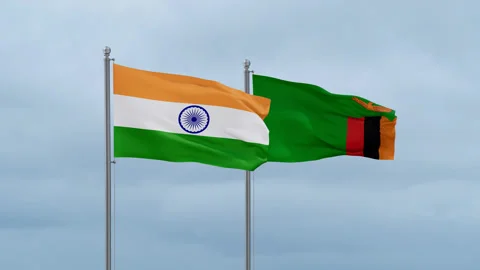
When Miriam from Lusaka was told she needed a complex heart surgery that was not available locally, her family felt lost. They explored options in nearby countries but were faced with long waiting times and overwhelming costs. A friend suggested India, and within weeks, Miriam was on a flight with her sister. What she found there was not only advanced medical care but also a welcoming environment where she felt supported at every step.
Miriam’s journey is one among many. Every year, thousands of Zambian patients travel to India in search of treatments that are either unavailable or too difficult to access back home. Recent data shows that medical travel from Zambia to India has been growing steadily, by more than 40% over the past decade. From organ transplants to cancer therapies and advanced surgeries, India has become one of the most trusted destinations for Zambian families.
The reasons go beyond just treatment. Patients often share how smooth the process feels, from getting a medical visa to receiving care in English-speaking hospitals with staff trained to handle international visitors. Add to this the strong collaborations between Indian and Zambian doctors, and it becomes clear why so many patients find reassurance in choosing India for their healthcare journey.
For Zambians like Miriam, India is not just a place to receive treatment. It is a destination of hope, healing, and trust.
India’s Growing Role in Zambia’s Health Sector
The healthcare connection between India and Zambia has been growing stronger over the years. Many Zambian doctors travel to India for advanced training, specialized workshops, and short-term fellowships in areas like cardiology, oncology, and transplant medicine. This exchange of medical knowledge not only improves skills back home but also builds trust among patients who know their own doctors recognize the expertise of Indian hospitals.
Medical partnerships are also being established at institutional levels. Indian hospitals often collaborate with Zambian healthcare organizations to conduct medical camps, awareness programs, and patient referrals. These initiatives ensure that patients receive early guidance and seamless support when they need to travel abroad for treatment.
This cooperation has created a bridge of confidence: when Zambian patients choose India, they are not stepping into the unknown. They are following a well-established path shaped by years of professional collaboration and mutual trust.
Why Has India Become the First Choice for Zambian Patients?
For Zambian families facing severe health conditions, choosing where to seek treatment is a life-changing decision. India has steadily become their first option, not just because of affordability, but also due to the trust, speed, and patient-friendly approach that Indian healthcare offers.
- World-Class Standards of Care: Indian hospitals maintain international accreditations, which guarantee that treatment follows globally accepted protocols. Patients feel reassured knowing they will receive the same level of expertise they might expect in developed countries.
- Quick Access to Treatment: Unlike the long waiting periods often seen in Zambia or other destinations, India provides timely interventions. Patients can start tests, consultations, and even major procedures within a matter of days after arrival.
- Clear and Transparent Communication: Doctors and staff explain treatment plans in simple, understandable terms. English is widely spoken, and professional translators are available for African languages when needed. This openness helps families make informed decisions without confusion.
- Affordable Yet Reliable Care: India provides high-quality medical care at a fraction of the cost charged in other nations. This unique balance between cost and reliability makes advanced treatments possible for many Zambian families who could not otherwise afford them.
What Are the Popular Treatments Zambian Patients Seek in India?
Every year, Zambian patients travel to India for a wide range of treatments that are either not available or difficult to access back home. These procedures cover life-saving surgeries as well as advanced therapies for long-term conditions.
- Organ Transplants: Kidney and liver transplants are among the most common reasons Zambian patients travel to India. Indian hospitals have dedicated transplant units, experienced surgeons, and post-operative care systems that ensure safe outcomes.
- Cancer Treatment: From chemo and radiation therapy to bone marrow transplants, Indian hospitals provide complete cancer care under one roof. Patients also gain access to advanced technologies like targeted therapy and immunotherapy, which are not widely available in Zambia.
- Cardiac Surgery: Procedures such as bypass surgery, valve replacement, and pediatric heart operations attract many Zambian families. High success rates and specialized cardiac centers make India a trusted choice.
- Orthopedics and Joint Replacement: Hip and knee replacements, spinal corrections, and trauma surgeries are performed using modern implants and minimally invasive techniques. It helps patients recover faster and return to normal activities sooner.
- Neurosurgery and Spinal Surgery: Complex brain and spine surgeries, including tumor removal and spinal fusion, are carried out with advanced imaging and navigation systems. Patients benefit from specialized neurosurgeons who have global expertise.
What Advanced Medical Technologies Do Zambian Patients Find in India?
One of the main reasons Zambian patients travel to India is the availability of advanced technologies that are not yet accessible back home. These innovations make complex treatments safer, more accurate, and more effective.
- Robotic Surgery (Da Vinci Xi System): Many leading Indian hospitals use the Da Vinci Xi Robotic Surgical System, which allows doctors to perform procedures with greater precision and minimal invasiveness. It is widely used for prostate, kidney, gynecological, and cardiac surgeries. Patients benefit from reduced hospital stay, less pain, and quicker recovery.
- Proton Beam Therapy (IBA Proteus®PLUS): India is among the few countries offering Proton Beam Therapy, with the Apollo Proton Cancer Centre in Chennai being the first in South Asia. The IBA Proteus®PLUS system delivers targeted radiation to tumors while sparing healthy tissue, making it especially useful for brain tumors, pediatric cancers, and tumors near sensitive organs.
- CAR-T Cell Therapy (NexCAR19): Recently, India introduced its first indigenous CAR-T cell therapy, NexCAR19, developed in partnership between IIT-Bombay and ImmunoACT. This breakthrough treatment is used for patients with blood cancers like leukemia and lymphoma, offering new hope where chemotherapy has failed.
- Advanced Radiosurgery (Zap-X and CyberKnife): Indian hospitals offer CyberKnife VSI and the latest Zap-X Gyroscopic Radiosurgery Platform. These systems provide painless, non-invasive treatment for brain tumors and other cancers without the need for open surgery. They deliver precise, high-dose radiation in a shorter time compared to conventional radiotherapy.
- TrueBeam and Halcyon Radiation Therapy Systems (Varian): Hospitals in India use the TrueBeam and Halcyon linear accelerators from Varian for IMRT (Intensity-Modulated Radiation Therapy) and IGRT (Image-Guided Radiation Therapy). These allow precise tumor targeting with fewer side effects, improving cancer care outcomes.
- PET-CT and 3 Tesla MRI Scanners: High-end diagnostic systems like Siemens Biograph PET-CT and Philips 3T MRI scanners are standard in Indian hospitals. They provide ultra-clear imaging for early diagnosis of cancers, neurological conditions, and cardiovascular diseases.
How Affordable is Treatment in India for Zambian Patients Compared to Other Countries?
For many Zambian families, the cost of advanced treatment is a significant concern. India has become the preferred destination because it offers high-quality care at prices that are within reach. Even when including travel and accommodation, treatment in India is often 70–80% cheaper than in Western nations or the Middle East. Below are some of the most common therapies that bring Zambian patients to India, with cost comparisons.
- Cost of Kidney Transplant in India: Kidney disease is one of the leading health challenges in Zambia, and many patients look abroad for transplants. While in Western countries the procedure may exceed $200,000, the cost of a kidney transplant in India is around $13,000 to $15,000. It includes surgery, hospital stay, and initial follow-up care, making it far more affordable for Zambian families.
- Cost of Heart Surgery in India: Heart conditions are another key reason Zambian patients travel overseas. In South Africa or the UK, a heart bypass (CABG) surgery can cost $40,000 to $70,000. By comparison, the CABG surgery cost in India is about $3,000 to $6,000, with equally high success rates and access to specialized cardiac centers.
- Cancer Treatment Cost in India: Cancer care is limited in Zambia, and many patients travel to India for chemotherapy, radiation therapy, or advanced procedures. Abroad, the full course of treatment can easily reach $50,000 to $100,000, but the cancer treatment cost in India usually ranges between $8,000 and $12,000, depending on the stage and type of cancer.
- Cost of Orthopedic Surgeries in India: Hip and knee replacements are increasingly sought by Zambian patients suffering from arthritis or mobility problems. In Europe or the Middle East, joint replacement can cost $20,000 to $40,000, whereas the cost of joint replacement surgery in India is around $4,000 to $6,000, including hospital stay and rehabilitation.
- Cost of Neurosurgery in India: Complex brain and spinal surgeries are not widely available in Zambia. In Western countries, these procedures often cost over $50,000, but in India, the cost of neurosurgery can be as low as $7,000 to $12,000, depending on the complexity. Patients gain access to advanced imaging and minimally invasive techniques at a fraction of the global cost.
How Do Zambian Patients Benefit from Affordable Medicines in India?
India is known as the “pharmacy of the world,” and this reputation greatly benefits patients from Zambia. Many life-saving medicines, especially those used for cancer, kidney disease, and heart conditions, are either too costly or hard to find back home.
In India, the same medicines are available at a much lower price because the country produces high-quality generics that meet international standards. For Zambian patients, this means they can continue their treatment without interruption and even carry back the required medicines for follow-up care at home.
This easy access to affordable drugs is one more reason why India remains the first choice for patients from Zambia.
What Insurance and Payment Options Are Available for Zambian Patients in India?
Managing the cost of treatment abroad can feel overwhelming, but Indian hospitals make the process easier for Zambian patients. Many leading hospitals accept international health insurance policies, which helps families reduce out-of-pocket expenses. However, it is advisable to check with their insurer before travel to confirm coverage for specific procedures.
For those without insurance, hospitals in India offer flexible payment options. Families can pay in stages, use bank transfers, or make payments through secure international gateways. Some hospitals also guide patients on financial planning before arrival, so there are no surprises during treatment.
This flexibility ensures that even complex procedures like kidney transplants, heart surgeries, or cancer care remain within reach for Zambian patients who may otherwise struggle to manage costs.
How Successful Are Treatments for Zambian Patients in India?
Zambian patients choosing India often ask an essential question: “What are my chances of recovery?” The reassuring fact is that India has consistently high success rates across major treatments, giving patients the confidence to travel for care.
- Organ Transplants: Kidney and liver transplants in India report success rates of 85–90%, which is on par with the best centers in the US and Europe. Strict protocols and dedicated transplant teams ensure safe outcomes for international patients, including those from Zambia.
- Cardiac Surgeries: Bypass surgery and valve replacement procedures in India achieve success rates above 95%. Many Zambian patients return home with stronger heart health and the ability to resume normal activities within weeks.
- Cancer Treatments: Survival outcomes vary depending on the type and stage of cancer, but leading cancer centers in India achieve 70–80% success rates for many common cancers with advanced therapies like targeted drugs, bone marrow transplants, and precision radiation.
- Orthopedic and Joint Replacements: Hip and knee replacements in India have success rates of 90–95%, giving patients lasting relief from pain and improved mobility. Most patients are able to walk comfortably within a few weeks.
- Neurosurgery and Spine Surgery: Complex brain and spine operations carried out in India report success rates of 85–90%, supported by advanced imaging and minimally invasive surgical techniques.
With these outcomes, Zambian families gain the reassurance that they are choosing a destination where recovery chances are high and treatment is both safe and effective.
How Easy is Travel and Connectivity from Zambia to India?
For Zambian patients, reaching India for medical care is more convenient than many expect. Regular flights connect Lusaka and other major African cities to Indian hubs like New Delhi, Mumbai, and Bangalore. The total travel time is usually 8 to 10 hours, depending on the route and layovers.
Most Zambian families prefer flying through airlines that offer medical assistance during the journey, making travel smoother for patients who may need extra care. On arrival, hospital representatives often assist with airport pickup, accommodation arrangements, and direct transfers to the treatment center.
Because of this easy connectivity, patients can quickly move from diagnosis in Zambia to advanced treatment in India without long delays.
How Do Zambian Patients Continue Follow-Up Care After Returning Home?
For many Zambian families, one concern about traveling abroad for treatment is what happens after they return home. Indian hospitals have made this part of the journey simple by offering multiple ways to stay connected with doctors.
- Online Consultations: Patients can book follow-up video calls with their treating doctors in India. It ensures continuity of care without the need to travel back for every check-up.
- Digital Access to Medical Records: All reports, scans, prescriptions, and discharge summaries are stored digitally. Patients can access these records anytime and share them with their local doctors in Zambia.
- Medicine Support: Since India is known for affordable medicines, many patients purchase an adequate supply before returning home. Hospitals also guide patients on how to source safe generics through approved channels if they need refills later.
- Collaboration with Zambian Doctors: In some cases, Indian specialists work directly with Zambian physicians to monitor recovery. This collaboration builds trust and makes the transition smoother for patients.
With these support systems, Zambian patients don’t feel left alone after returning home. They continue to receive expert guidance and care.
What Is the Medical Visa Process Like for Zambian Patients Going to India?
Planning medical travel can be overwhelming, but Indian hospitals and the High Commission in Lusaka make the visa process as smooth and transparent as possible for Zambian patients.
Online Application and Required Documents
- Zambian patients begin by submitting an online medical visa (MED) application through the official Indian visa portal, selecting Zambia and the Lusaka Mission. Once submitted, they receive an application ID and an appointment date at the Indian High Commission in Lusaka.
- Key documents needed include:
- A valid Zambian passport (6+ months validity and at least two blank visa pages)
- Two recent passport-sized photos
- Medical referral letter from a Zambian doctor explaining the patient’s condition and the need for treatment abroad
- Reports like blood tests, X-rays, and scans
- Appointment + invitation letter from the Indian hospital, detailing the patient’s info, proposed treatment, and estimated cost
- Bank statements (last 3 months) or financial proof to show ability to cover medical expenses
Processing Timeline and Fees
- Standard processing at the High Commission in Lusaka takes approximately 2 to 3 working days after submission.
- Visa fees typically start from around USD 90, though they may vary depending on visa duration and biometric charges.
- Valid up to 6 months (single or multiple entry): ZMW 2,130 or USD 90
- Valid more than 6 months and up to 1 year (single or multiple entry): ZMW 3,150 or USD 134
Note: Service/biometric charges may apply in addition to the visa fee.
Submission and Collection: Applicants must appear in person at the High Commission in Lusaka during working hours (applications: 9–11 AM; collection: 4–4:45 PM) along with their completed forms and documents.
Visa Validity and Extensions: The Medical Visa (MED) usually covers 60 to 90 days, often with single or multiple entries. If treatment continues beyond visa expiry, hospitals issue extension letters, and patients apply for visa extension at the nearest FRRO (Foreigners Regional Registration Office).
Post-Arrival Registration: If the visa is longer than 180 days, foreign nationals must register with the FRRO within 14 days of arrival. Shorter stays (≤180 days) typically do not require registration.
Medical Attendant Visa (MED-X): Up to two medical attendants (e.g., family members or aides) can accompany the patient. They apply for the MED-X visa, which is valid for the same duration and entry count as the patient’s MED visa.
Final Thoughts
For many Zambian families, choosing where to seek advanced treatment is a decision filled with hope, concern, and careful thought. India has emerged as the destination that meets all these needs, combining world-class expertise, modern technology, and costs that are far more affordable than in Western countries.
From life-saving kidney transplants and heart surgeries to advanced cancer therapies, orthopedic replacements, and neurosurgeries, Indian hospitals provide treatments that are often unavailable or limited in Zambia. The process is made smoother by easy travel connections, a clear visa system, and support for international patients at every step.
What makes this journey even more reassuring is the strong healthcare link between India and Zambia. With many Zambian doctors trained in India and ongoing collaborations between institutions, patients feel confident they are stepping into trusted hands.
Every year, more Zambian patients return home healthier and with renewed hope after receiving care in India. For those seeking advanced, reliable, and affordable medical treatment abroad, India continues to stand out as a destination of healing and trust.
Related Hospitals
Discover hospitals and medical centers related to this topic for quality healthcare services.

SP Medifort Hospital
SP Medifort, Thiruvananthapuram, is a JCI-accredited, 475-bed multi-super-specialty hospital spread across 500,000 sq. ft. The hospital houses 10 modu...
Accreditations
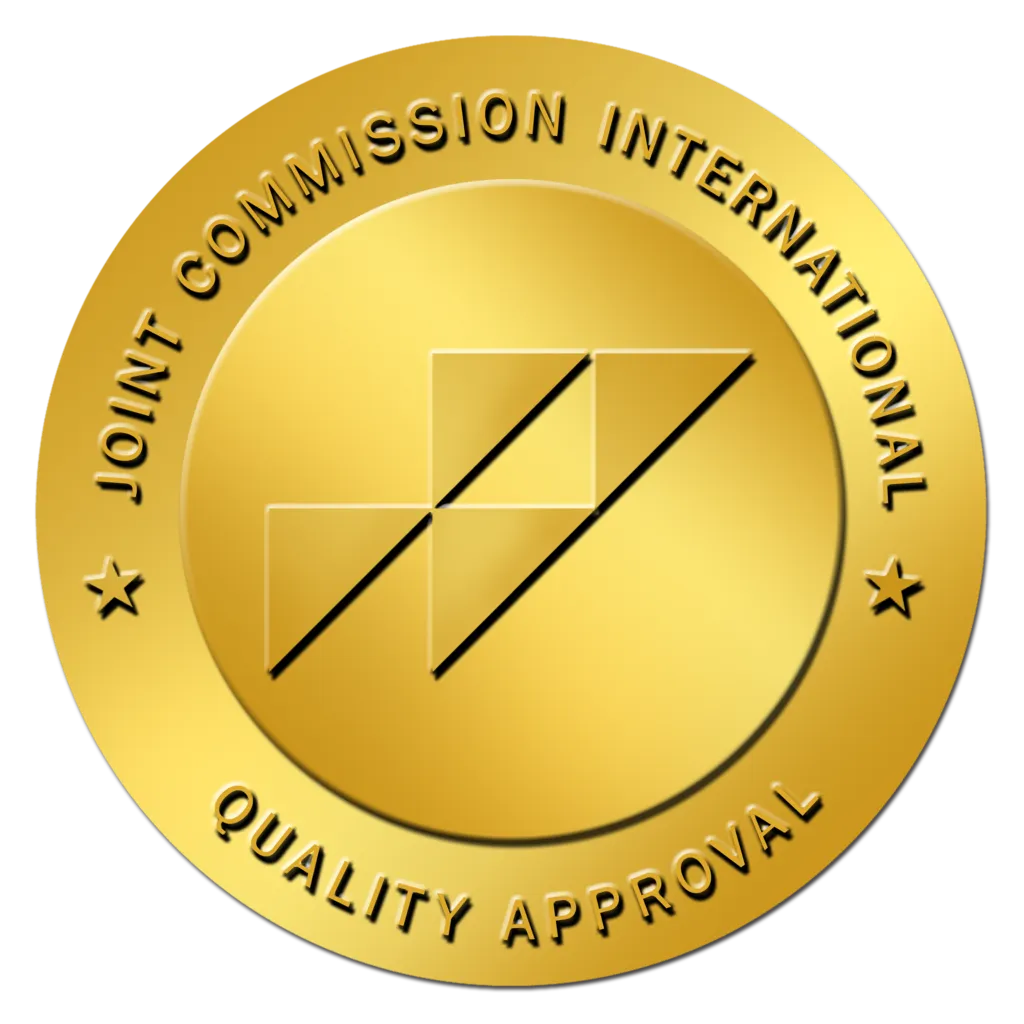
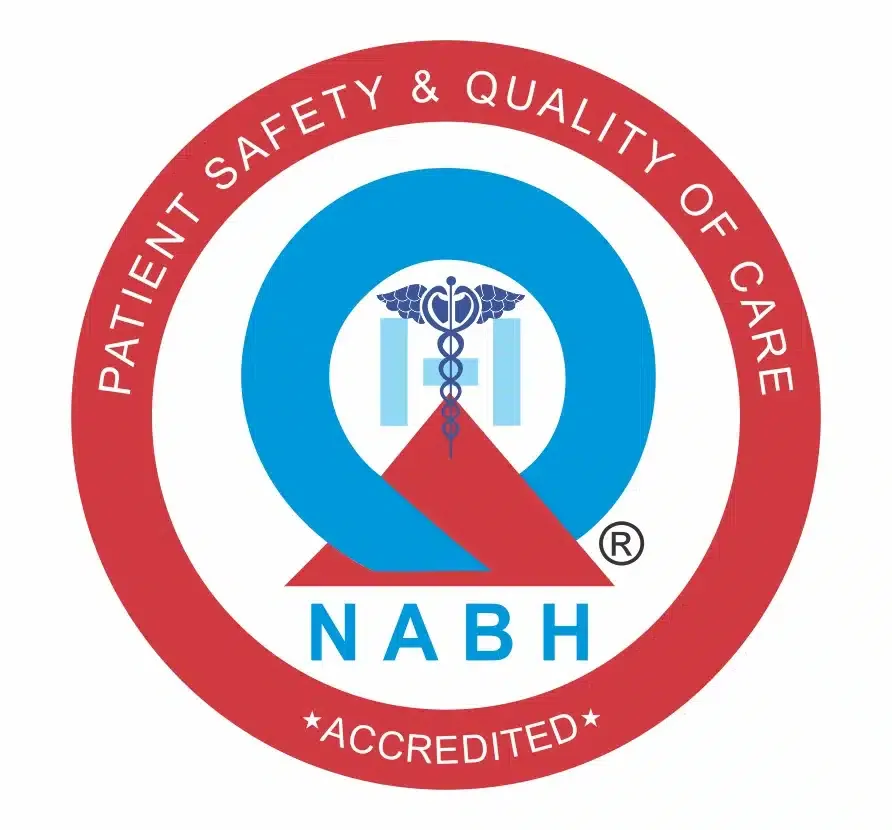
Facilities

CARE Hospitals, Banjara Hills, Hyderabad
CARE Hospitals, Banjara Hills, Hyderabad, is a 435-bed NABH and NABL-accredited multispecialty hospital with 120 critical care beds. Established in 20...
Accreditations

Facilities

AIG Hospitals, Gachibowli, Hyderabad
AIG Hospitals, Gachibowli, Hyderabad, is a 1,000-bed, JCI- and NABH-accredited super-specialty hospital spanning 1.7 million sq. ft. It is the flagshi...
Accreditations


Facilities

Gleneagles Global Health City, Chennai
Gleneagles Global Health City, Chennai, is a 200-bed quaternary-care hospital and part of the IHH Healthcare network, one of the world’s largest priva...
Accreditations

Facilities

MGM Healthcare, Chennai
MGM Healthcare, Chennai, is a 400-bed quaternary-care super-specialty hospital accredited by JCI, NABH, and NABL. The hospital features 100 ICU beds, ...
Accreditations


Facilities

MIOT International, Chennai
MIOT International, Chennai, is a 1,000-bed NABH- and NABL-accredited multispecialty hospital serving patients from more than 130 countries. Establish...
Accreditations

Facilities
Related Articles
Explore more articles and insights on similar health topics.
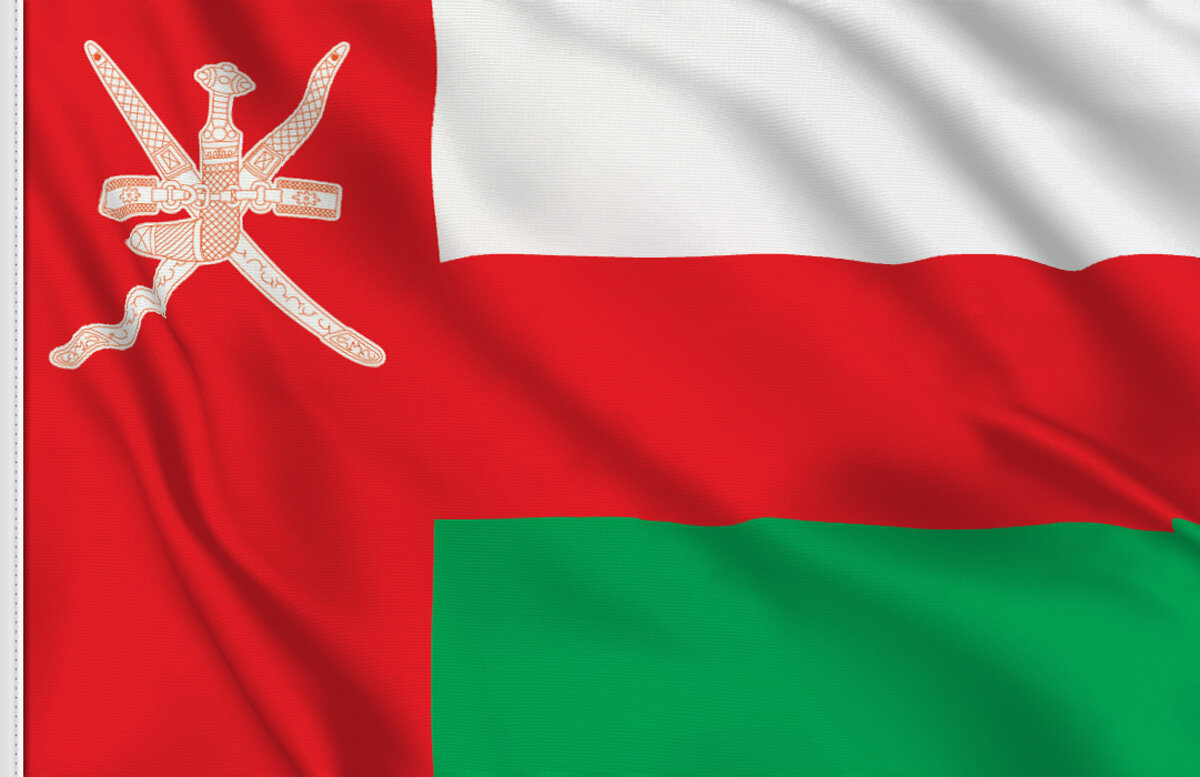
Why Do Oman Patients Look Abroad for Treatment?
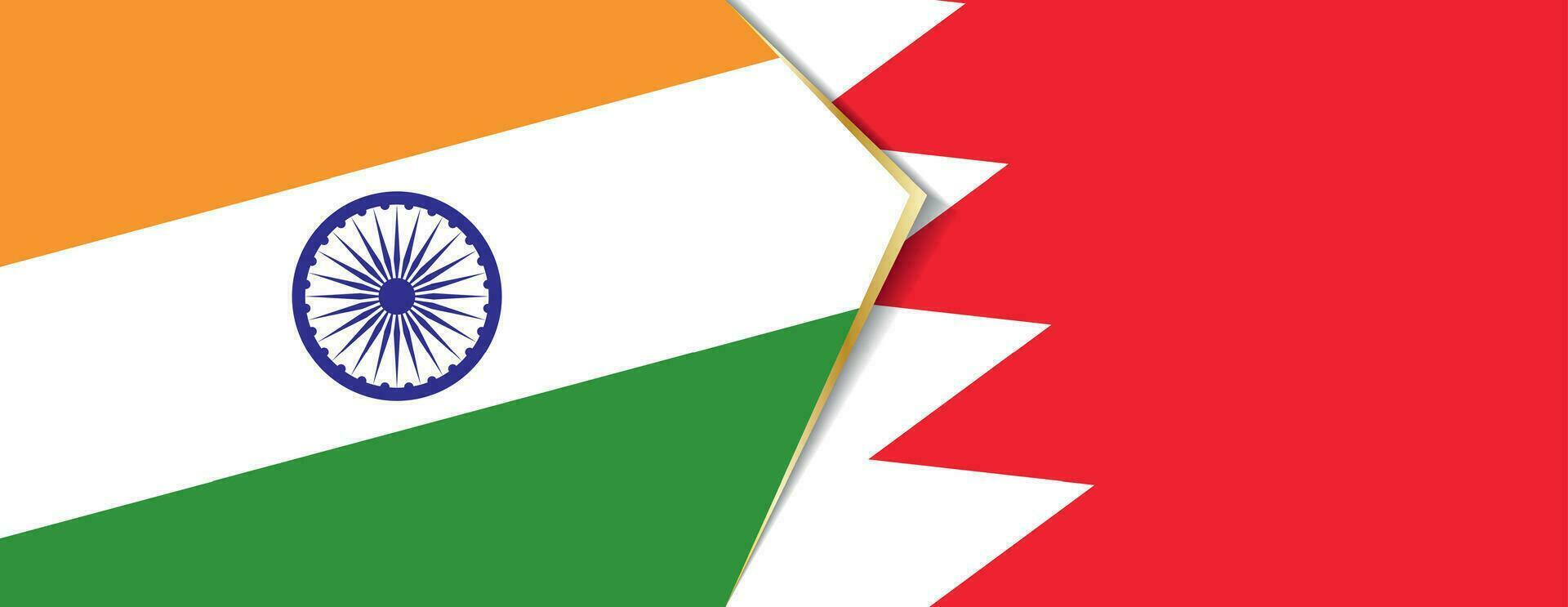
Why India is Becoming the Healthcare Hub for Bahrain Patients
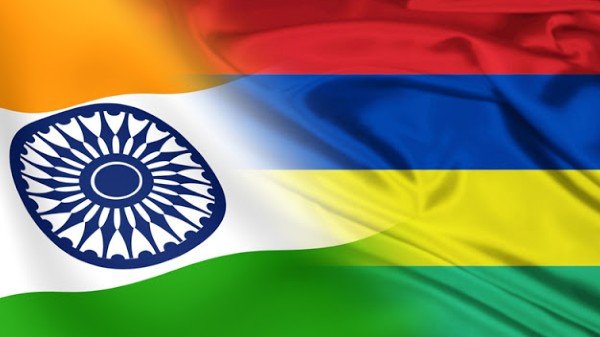
Why Patients from Mauritius Opt for India for Medical Tourism
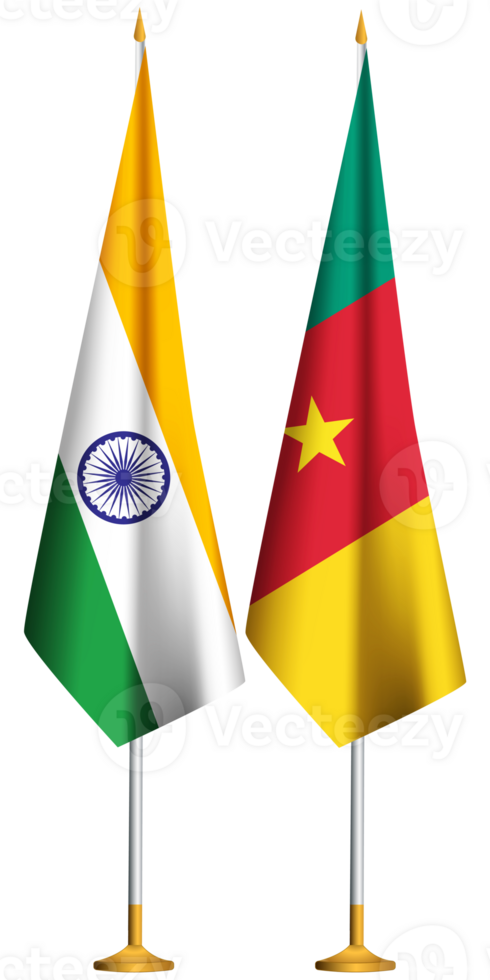
Why Cameroonian Patients Choose India for Treatment
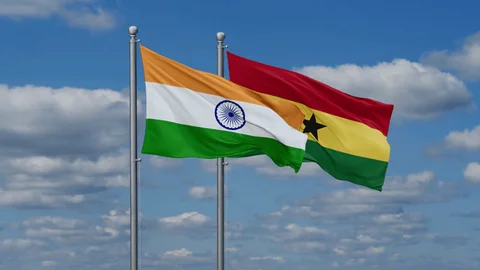
Top Reasons Ghanaian Patients Travel to India for Treatment
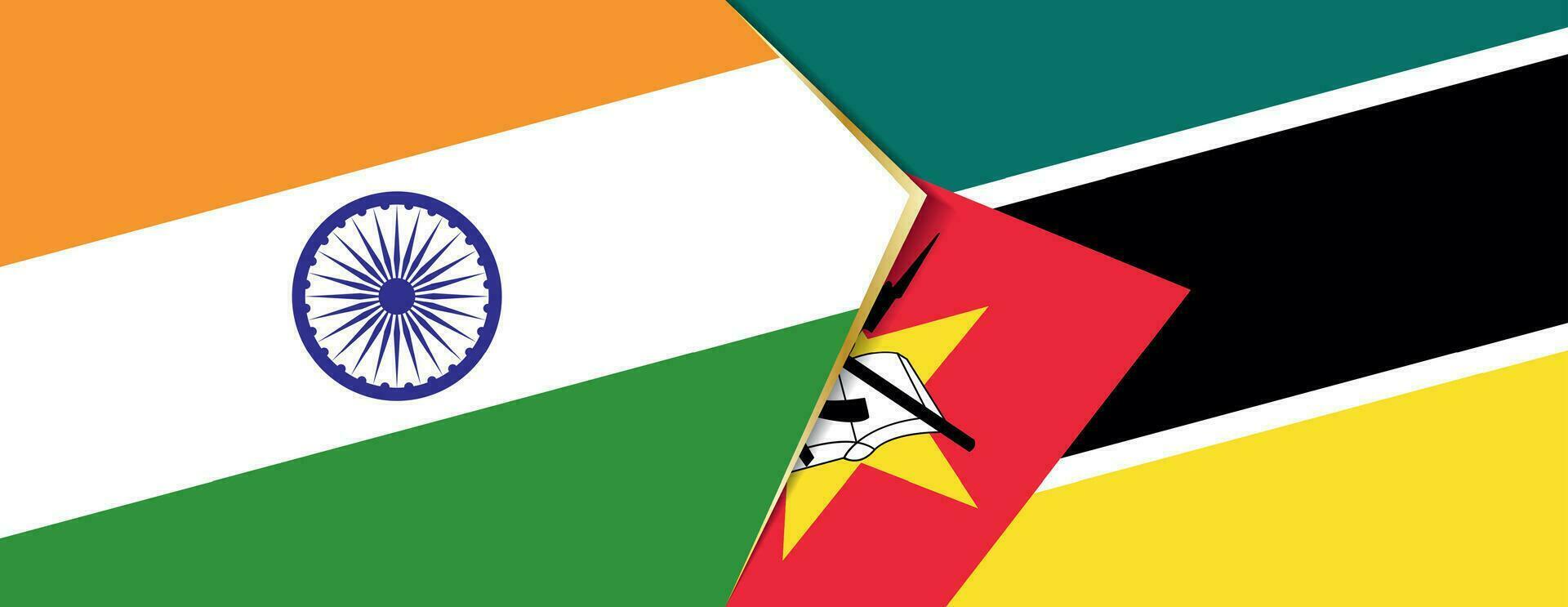
Why More Mozambicans Travel to India for Affordable and Quality Healthcare
Our website uses cookies. By clicking on accept you give your consent to the use of cookies as per our Privacy Policy.
